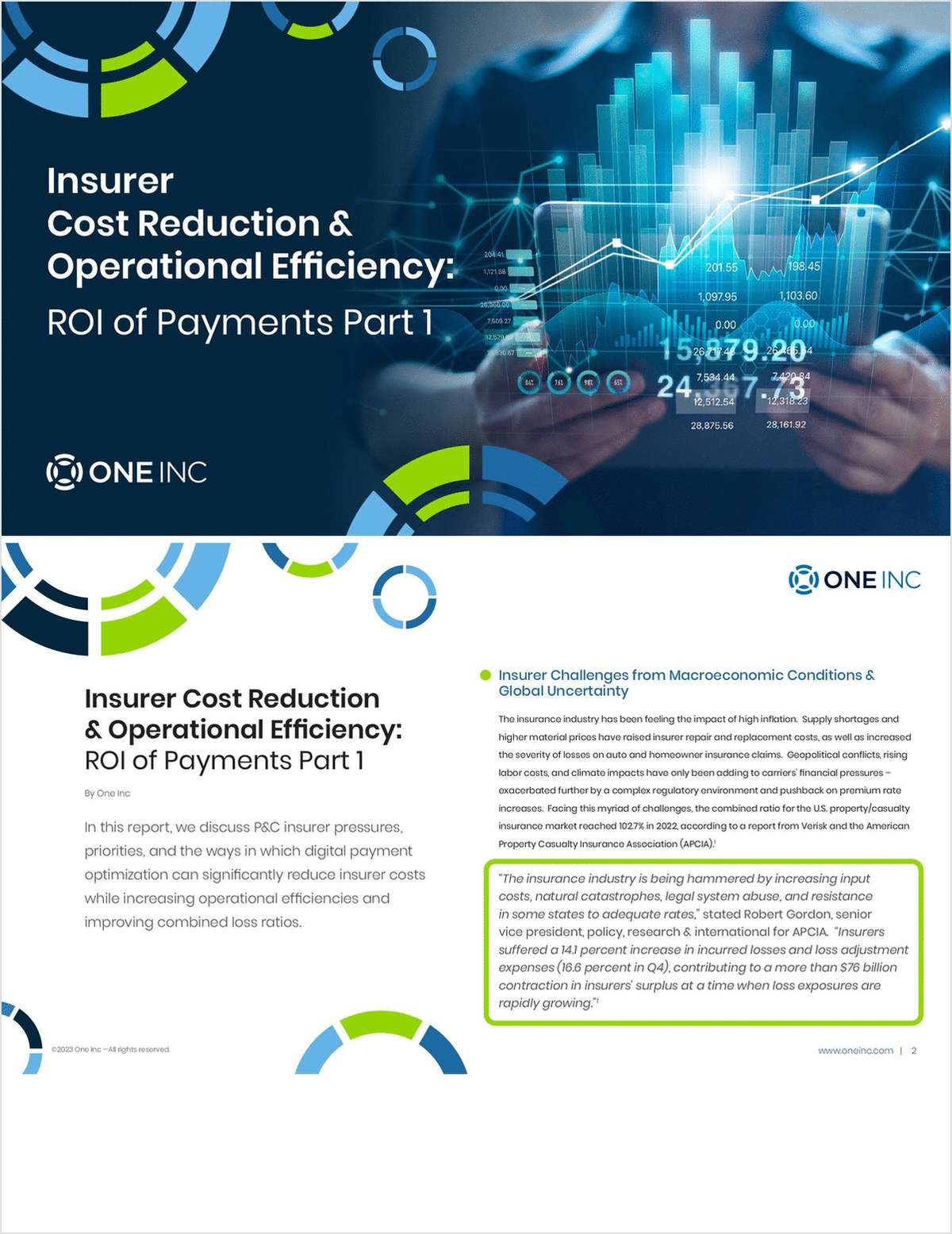NU Online News Service, July 23, 3:31 p.m. EDT
President Barack Obama suggested that he supports insurance-backed financial regulatory reform in his press conference last night.
When asked about the "risky behavior" still occurring on Wall Street, the President stressed the need for some form of financial regulatory reform.
"The fact of the matter is that if we don't pass financial regulatory reform, then banks are going to go back to the same things that they were doing before," the President said. "In some ways it could be worse because now they know that the federal government may think that they're too big to fail and so if they're unconstrained they could take even more risks."
The president was then asked about the possibility of placing fees on these risky transactions. He suggested a regulation system similar to that of the Federal Deposit Insurance Corporation.
"I think at minimum what we want to do is to make sure that to the extent that the federal government is going to have to be a backstop, just like the Federal Deposit Insurance Commission–what everybody is familiar with, FDIC–the reason that when you put your deposits in your bank you can have confidence that they're insured, that's paid for through bank fees," the president stated.
"We may need to make sure that there is a similar mechanism in place for some of these other far-out transactions," he added. "So if you guys want to do them, then you've got to put something into the kitty to make sure that if you screw up it's not taxpayer dollars that have to pay for it, but it's dollars coming out of your profits."
These pronouncements by the President come on the heels of efforts by the National Conference of Insurance Legislators to guard against credit default swap abuse.
Wednesday, NCOIL president, state Sen. James Seward, R-N.Y., and Financial & Investment Products Committee chair, Assemblyman Joseph Morelle, D-N.Y., sent a letter to United States Senate and House committee chairs, outlining the development of draft Credit Default Insurance Model Legislation, a process based on the idea that some CDS are actually insurance.
"The premise of our draft model act–that credit default swaps with material interest are insurance–means consumers would be protected by the safeguards inherent in state-regulated coverage," Sen. Seward said in a statement.
The proposed act would regulate all CDS with material interest as an underlying asset, and would prohibit all CDS in which a party has no material interest in the underlying asset. This regulation would be known as credit default insurance, the letter said.
The NCOIL proposal would impose solvency standards and contingency, loss, and unearned premium reserve requirements on credit default insurers, whose licensing would also be mandated, according to the letter.
Writing of CDI products, under the new draft model, would be restricted to purchasers with material interest in the asset. Minimum policy and rate standards would be authorized and single and aggregate rates would be set, the letter added.
Sen. Christopher Dodd, D-Conn.; Senate Banking Committee chair, Sen. Tom Harkin, D-Iowa; Senate Agriculture Committee chair, Congressman Barney Frank, D-Mass.; chairman of the House Committee on Financial Services; and Congressman Collin Peterson, D-Minn., chairman of the House Committee on Agriculture, were addressed in the letter, while members from all four committees received copies.
Want to continue reading?
Become a Free PropertyCasualty360 Digital Reader
Your access to unlimited PropertyCasualty360 content isn’t changing.
Once you are an ALM digital member, you’ll receive:
- Breaking insurance news and analysis, on-site and via our newsletters and custom alerts
- Weekly Insurance Speak podcast featuring exclusive interviews with industry leaders
- Educational webcasts, white papers, and ebooks from industry thought leaders
- Critical converage of the employee benefits and financial advisory markets on our other ALM sites, BenefitsPRO and ThinkAdvisor
Already have an account? Sign In Now
© 2024 ALM Global, LLC, All Rights Reserved. Request academic re-use from www.copyright.com. All other uses, submit a request to [email protected]. For more information visit Asset & Logo Licensing.








